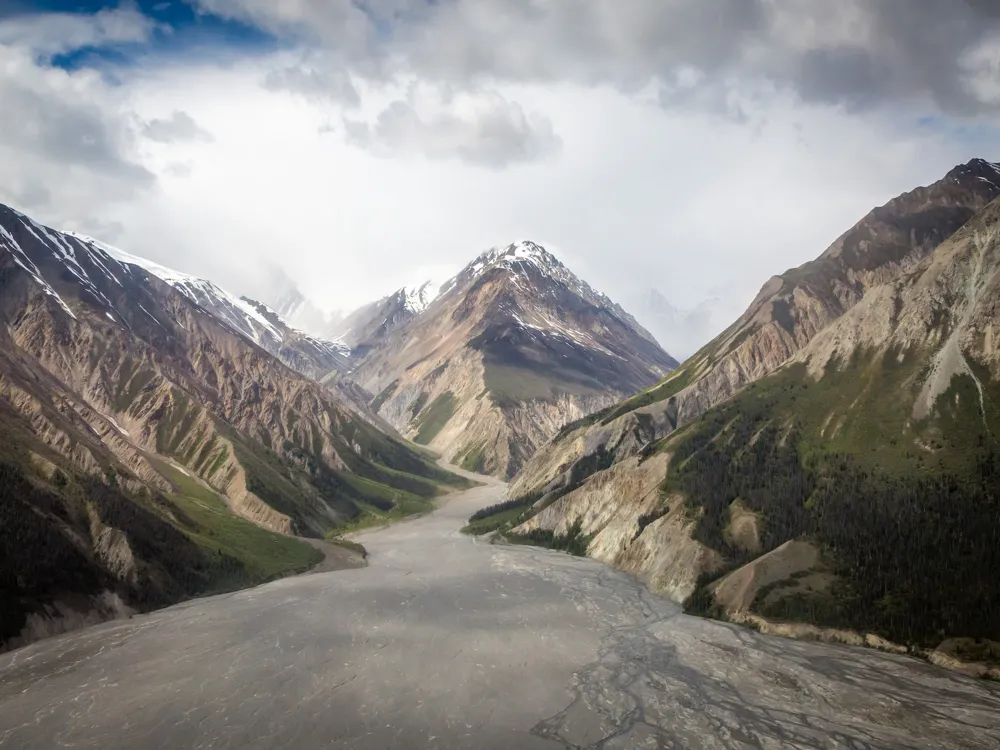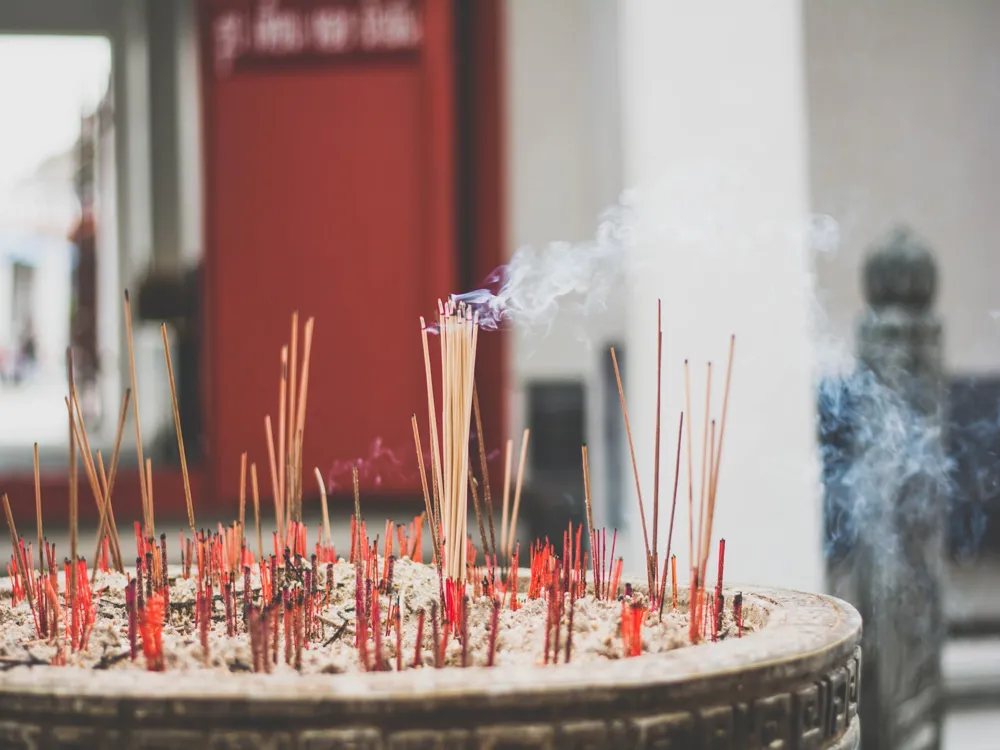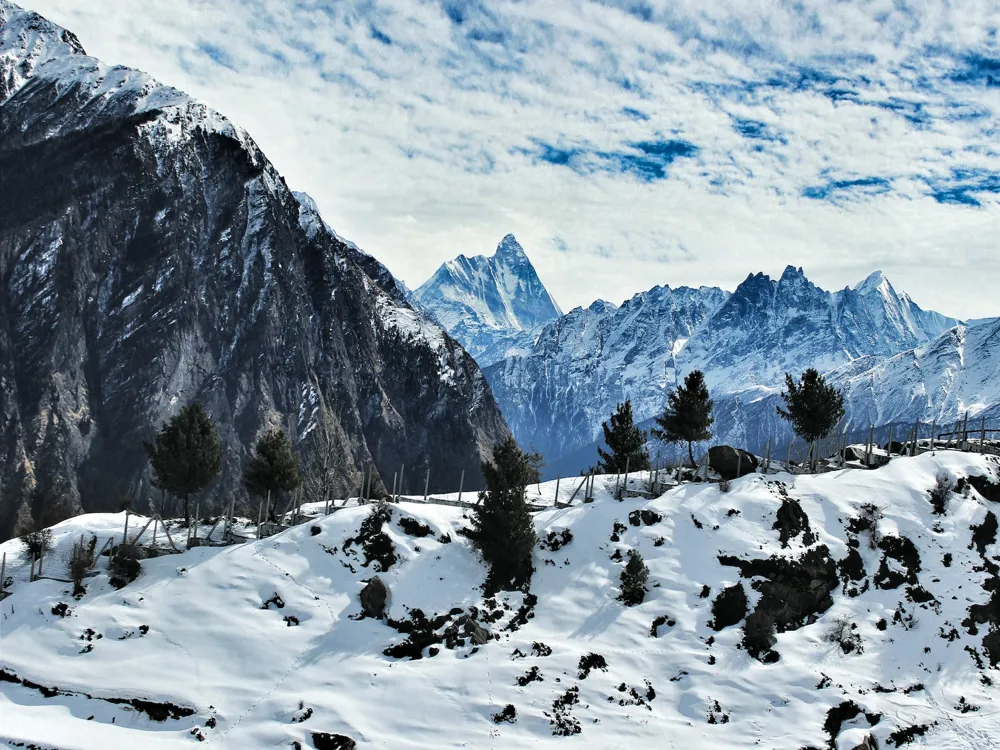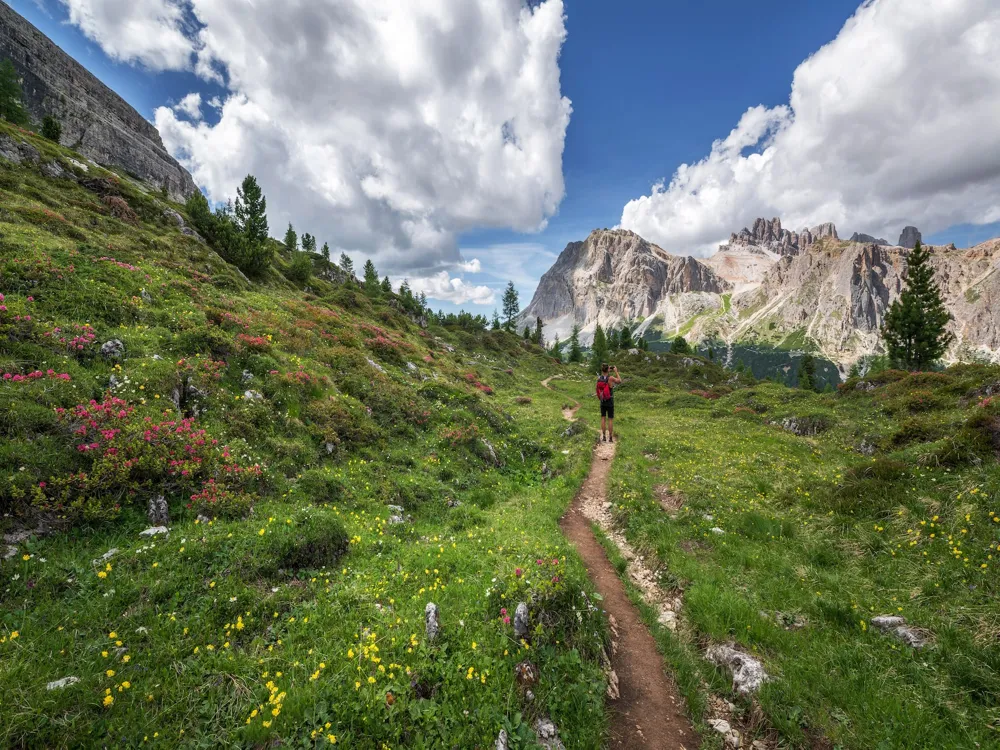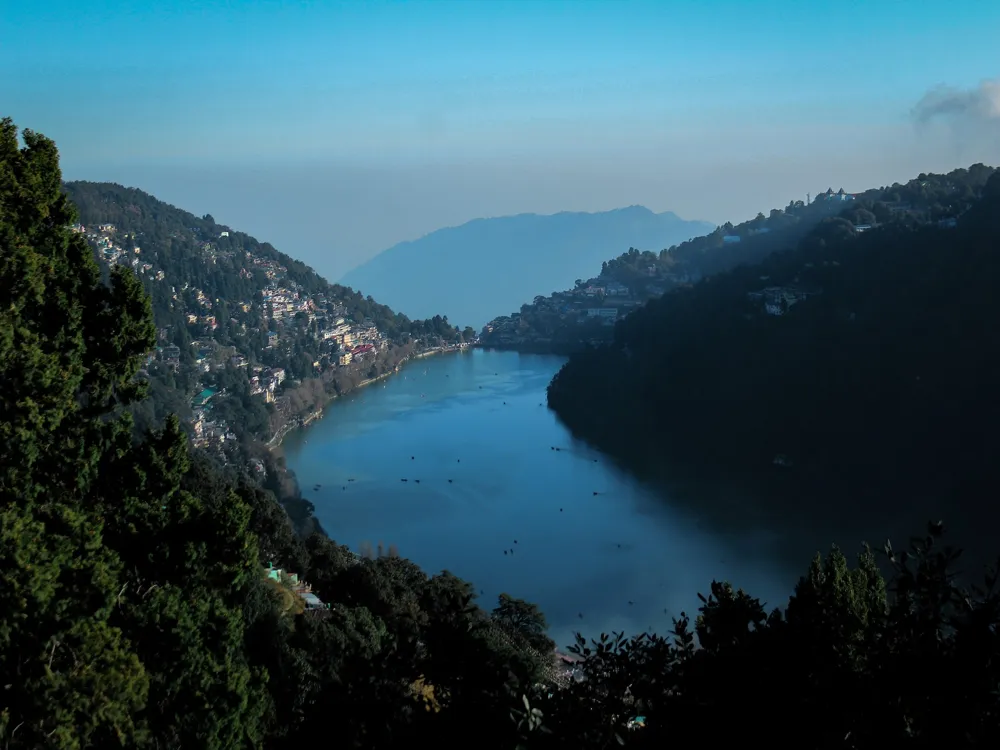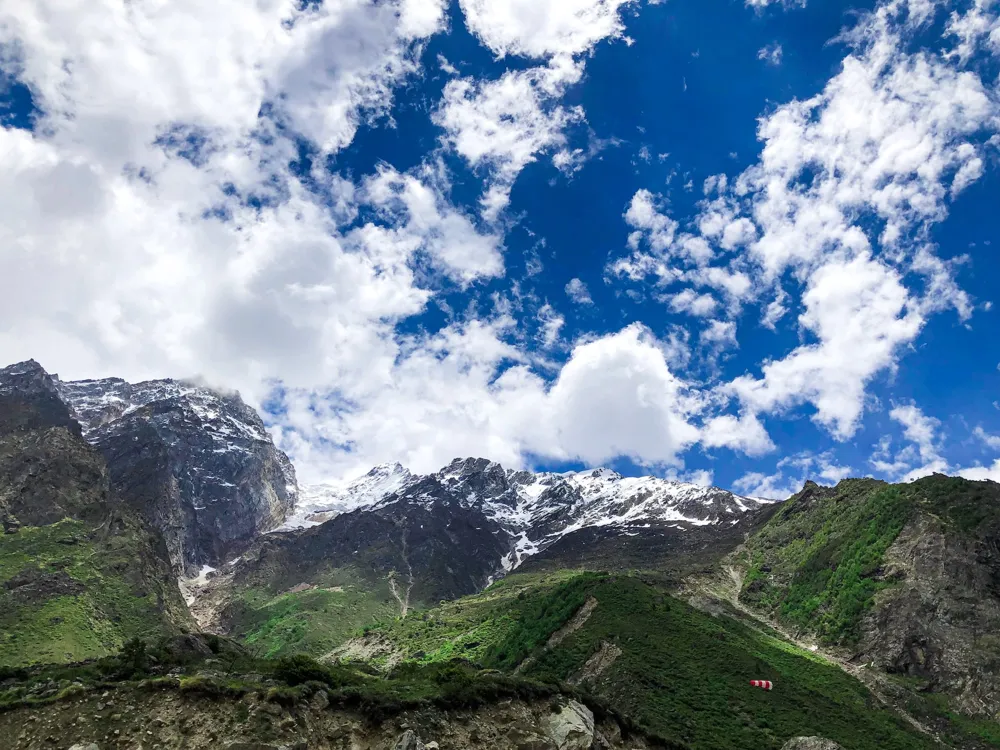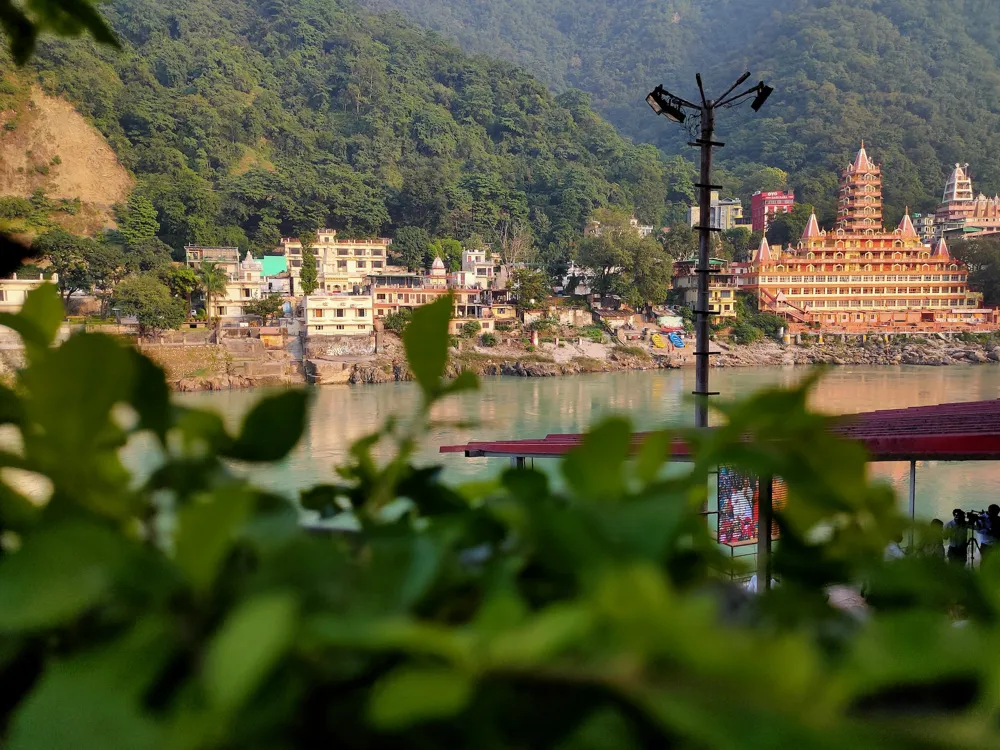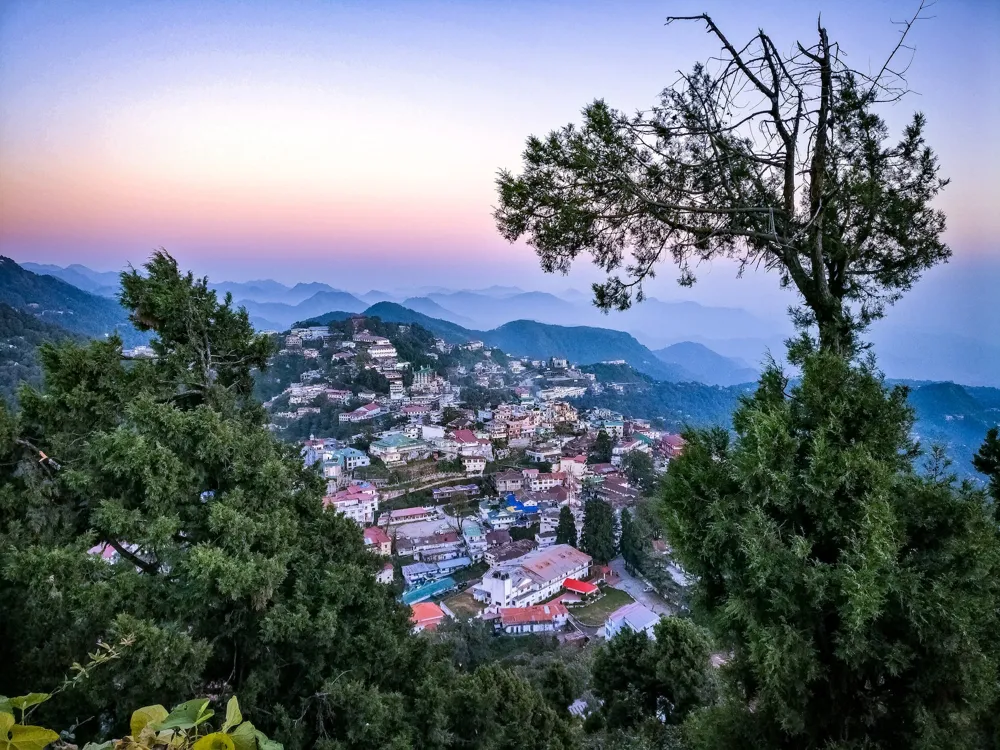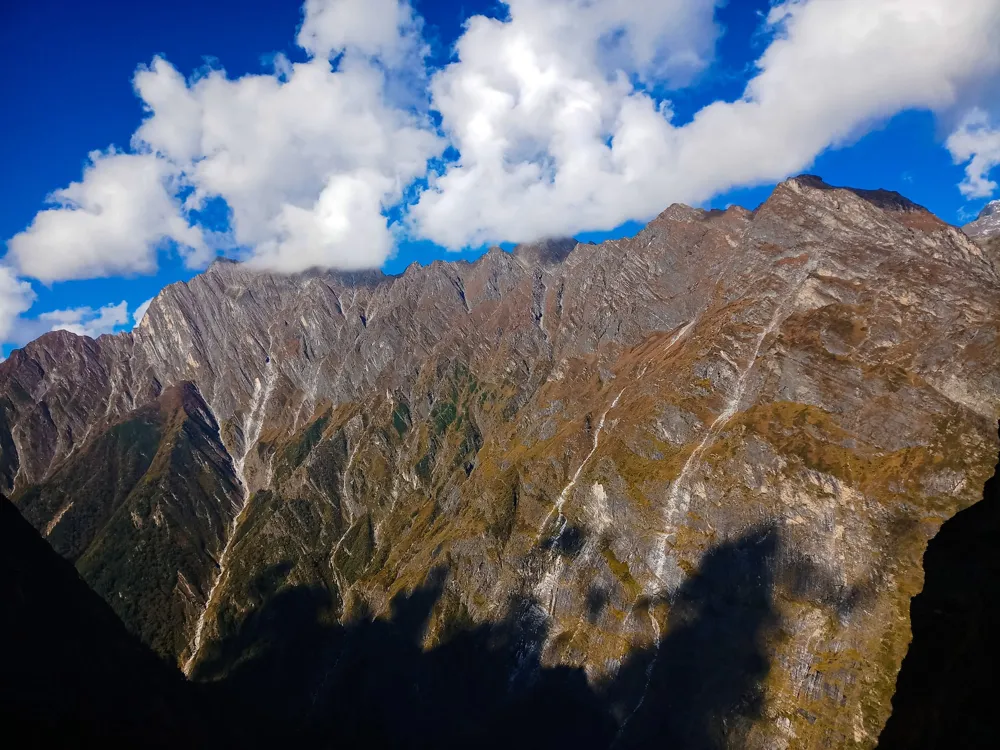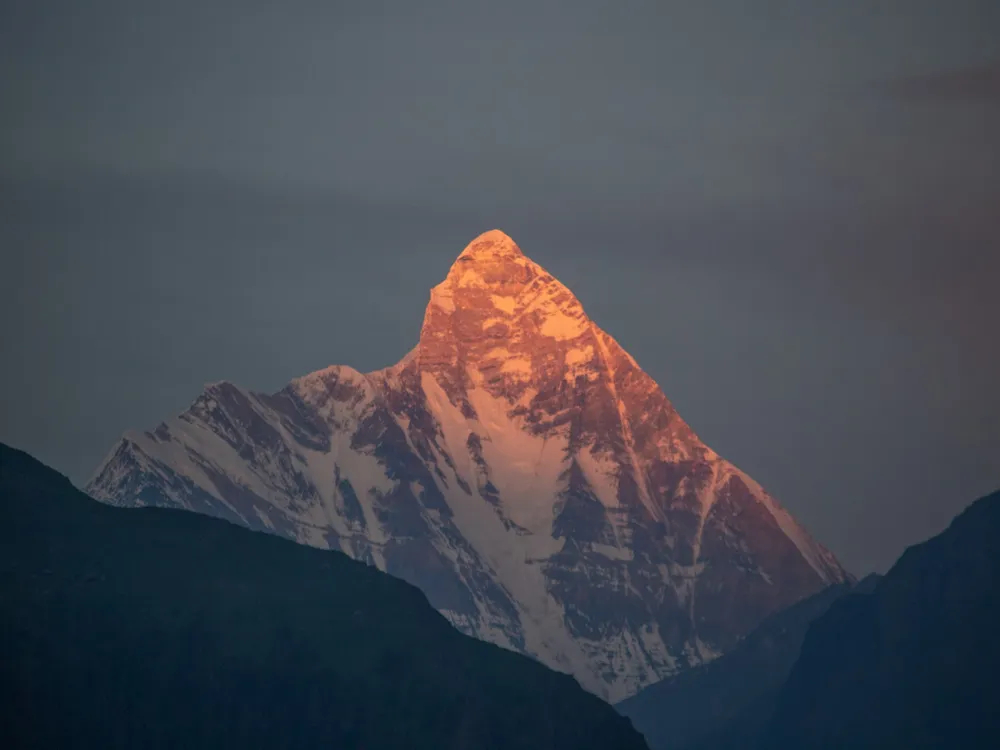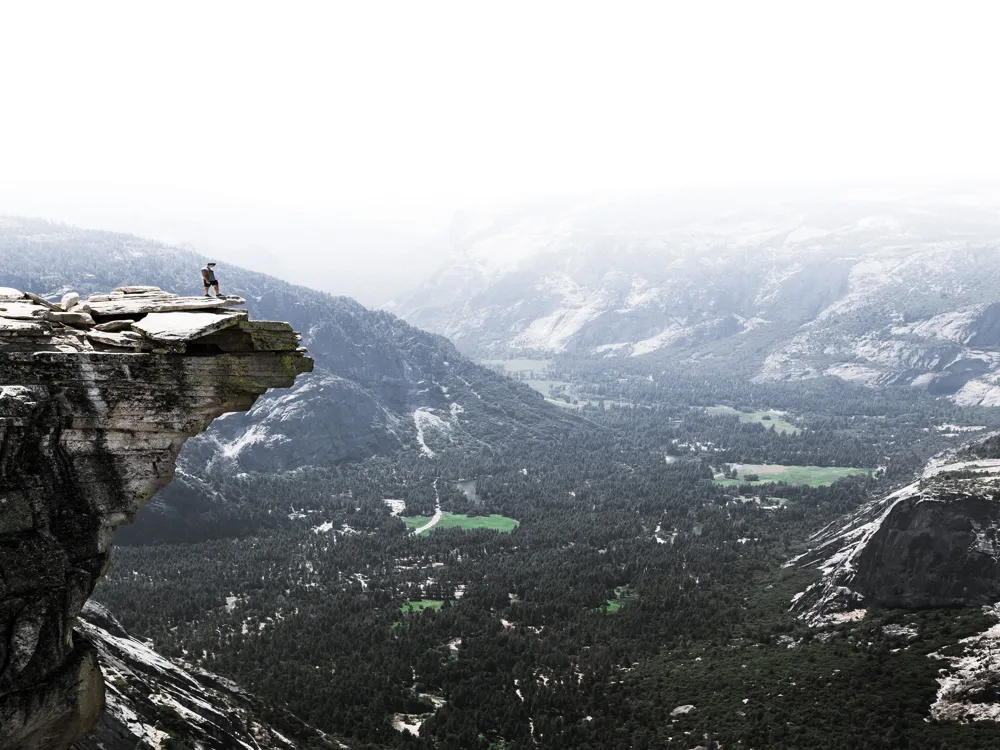Nestled in the serene town of Joshimath in Uttarakhand, the Narsingh Temple stands as an epitome of divine presence and historical significance. Revered as one of the 'Sapt Badri', this temple is dedicated to Lord Narsingh, an incarnation of Lord Vishnu. The temple's history is deeply intertwined with the legendary tales from the Puranas, making it not just a place of worship but also a beacon of cultural heritage. The town of Joshimath itself is surrounded by lush green landscapes and the towering Himalayas, adding to the temple's mystical aura. The Narsingh Temple is not just a spiritual haven but also a pivotal center for the annual Badrinath Yatra. According to local beliefs, the statue of Lord Narsingh here is considered the guardian of the Badrinath temple, which lies further up the valley. Devotees believe that the day the statue's arm falls, the route to Badrinath will be permanently closed, coinciding with a prophecy of great change. This intertwines the temple's significance with the eschatological beliefs of the region. The Narsingh Temple, an architectural marvel, is a shining example of North Indian temple architecture, also known as the Nagara style. The temple's structure is adorned with intricate carvings and motifs that are not just aesthetically pleasing but also carry deep religious significance. The main shrine is enshrined within a sanctum that exudes a sense of divine presence. The temple's spire, or 'Shikhara', is designed in a way that it seems to be reaching out to the heavens, symbolizing the connection between the divine and the mortal world. The temple complex is built using locally sourced materials, blending seamlessly with its natural surroundings. The stone carvings depict various deities and scenes from Hindu mythology, each telling a story of its own. The layout of the temple follows a complex Vastu Shastra guideline, ensuring that every aspect of the temple aligns with cosmic principles and energies. The temple's main hall or 'Mandapa' serves as the gathering place for devotees, resonating with chants and hymns, adding to the spiritual ambiance. The ideal time to visit the Narsingh Temple is from April to November, avoiding the harsh winter months when the region is prone to heavy snowfall and road closures. Visitors are advised to dress conservatively, respecting the religious sanctity of the temple. Maintaining a quiet demeanor and not disturbing the peaceful environment is expected. Several guest houses and lodges are available in Joshimath, catering to various budgets. Basic facilities like food stalls and restrooms are available near the temple. While photography may be allowed in certain areas of the temple, it's important to respect the no-photography zones, especially inside the main shrine. Joshimath is well-connected by road to major cities like Rishikesh, Haridwar, and Dehradun. The nearest railway station is in Haridwar, and the closest airport is the Jolly Grant Airport in Dehradun. From these points, one can hire taxis or take buses to reach Joshimath. The temple is located in the heart of the town and is easily accessible. Read MoreOverview of Narsingh Temple, Joshimath, Uttarakhand
Architecture of Narsingh Temple
Tips When Visiting Narsingh Temple
Best Time to Visit
Dress Code and Conduct
Accommodations and Facilities
Photography Guidelines
How To Reach Narsingh Temple
Narsingh Temple
Joshimath
Uttarakhand
NaN onwards
View joshimath Packages
Joshimath Travel Packages
View All Packages For Joshimath
Top Hotel Collections for Joshimath

Private Pool

Luxury Hotels

5-Star Hotels

Pet Friendly
Top Hotels Near Joshimath
Other Top Ranking Places In Joshimath
View All Places To Visit In joshimath
View joshimath Packages
Joshimath Travel Packages
View All Packages For Joshimath
Top Hotel Collections for Joshimath

Private Pool

Luxury Hotels

5-Star Hotels

Pet Friendly







